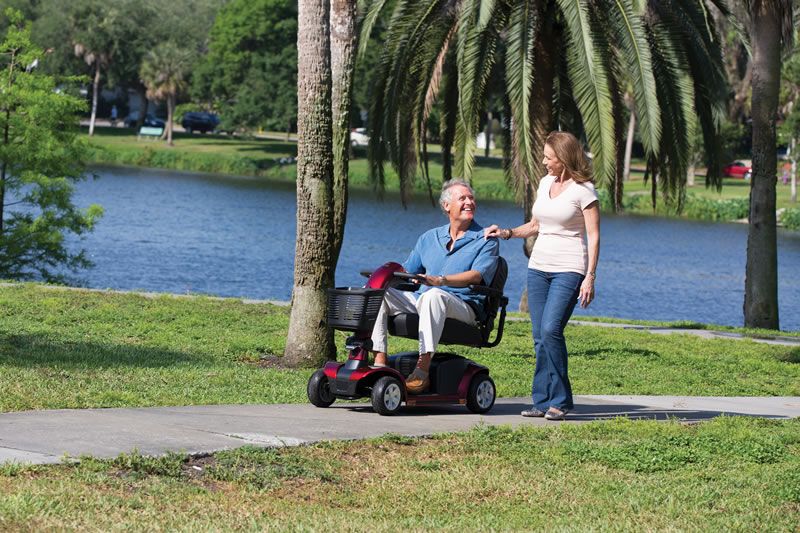Aggression in elderly individuals is a multifaceted issue that affects not just the individuals themselves, but also their families and caregivers. Understanding what causes aggression in the elderly is essential to finding effective solutions and improving the quality of life for seniors. In this article, we delve into the various causes of aggression among the elderly, providing insights into how it can be managed and mitigated.

Understanding Aggression in the Elderly
Before we can tackle the issue, it’s important to understand what we mean by aggression in the elderly. Aggression can manifest in many forms, such as verbal outbursts, physical acts, or resistance to care. It’s vital to recognize that these behaviors are not a natural part of aging but often arise from various underlying factors.
Recognizing the Symptoms
The symptoms of aggression can vary greatly among elderly individuals. It may include anything from shouting, hitting, or throwing objects, to more passive forms of aggression like refusing to eat or take medication. Understanding these signs early can help in managing them more effectively.
Common Causes of Aggression Among Seniors
The causes of aggression in the elderly are diverse. Understanding these causes is the first step in addressing the issue.
Dementia and Alzheimer’s Disease
Dementia and Alzheimer’s disease are leading causes of aggression in the elderly. As these conditions progress, they can cause confusion, frustration, and anger in those affected. The cognitive and memory declines can lead to misunderstandings and struggles with communication, thus exacerbating aggressive behaviors.
Physical Pain or Discomfort
Physical pain or discomfort is another major factor. Seniors suffering from chronic pain, arthritis, or other health issues may express their discomfort through aggression, particularly if they have difficulty communicating their pain.
Psychological Factors
Depression and Anxiety
Many elderly individuals experience depression or anxiety, which can manifest as irritability or aggression. These psychological factors are often overlooked but are critical components to consider.
Medication Side Effects
Medications can also influence aggression levels. Some drugs have side effects that can alter mood and behavior, necessitating careful monitoring by healthcare providers.
Environmental and Social Factors
Social Isolation
Social isolation can lead to feelings of loneliness and abandonment, often resulting in aggressive behavior as a cry for attention or help. Encouraging social interaction can help mitigate these feelings.
Environmental Triggers
Changes in environment, such as moving to a new living arrangement or altering the daily routine, can be confusing and distressing to seniors, leading to aggression.
Managing Aggression in the Elderly
Effective Communication
Improving communication is crucial. Use clear, simple language and listen actively to identify the needs and feelings of the elderly. This approach can reduce confusion and frustration that might lead to aggression.
Medical Interventions
For those dealing with dementia or Alzheimer’s, medications such as antipsychotics or mood stabilizers might be recommended by a healthcare professional, though they should be considered carefully due to potential side effects.
Creating a Supportive Environment
Consistent Routines
Establishing a consistent routine can provide structure and a sense of stability, helping to reduce anxiety and potential triggers for aggression.
Engaging Activities
Engaging seniors in activities that promote cognitive and physical engagement can be beneficial. Activities like puzzles, reading, or gentle exercise can help reduce feelings of frustration.
Resources for Caregivers
Caregivers play a crucial role in managing aggression in the elderly. It’s important for caregivers to have access to resources and support networks. Websites like HelpGuide offer valuable information and advice for those caring for seniors.
Support Networks
Having a strong support network can aid caregivers in dealing with the challenges of caring for a senior exhibiting aggressive behavior. Connecting with others through support groups or online forums can offer comfort and strategies for dealing with difficult situations.
Learn more about helpful devices like grabber tools for the elderly to make tasks easier.

FAQs on Elder Aggression
Can aggression in the elderly be prevented?
Aggression can often be managed and sometimes prevented with early intervention, understanding the causes, and creating a supportive environment. Regular interaction and medical check-ups are key.
What role does a caregiver play in managing aggression?
Caregivers are crucial in observing, understanding, and managing aggression. They can help by maintaining routines, improving communication, and seeking medical advice when necessary.
How can family members help reduce aggression at home?
Family members can assist by fostering a calm environment, participating in engaging activities with the elderly, and encouraging social interaction and communication to alleviate feelings of isolation.
Furthermore, learning to operate useful gadgets such as the back massager for seniors can improve comfort and reduce stress.
Understanding what causes aggression in the elderly is key to providing the necessary care and support they need. With empathy, patience, and the right strategies, we can improve the quality of life for our elderly loved ones.
This article contains affiliate links. We may earn a commission at no extra cost to you.

